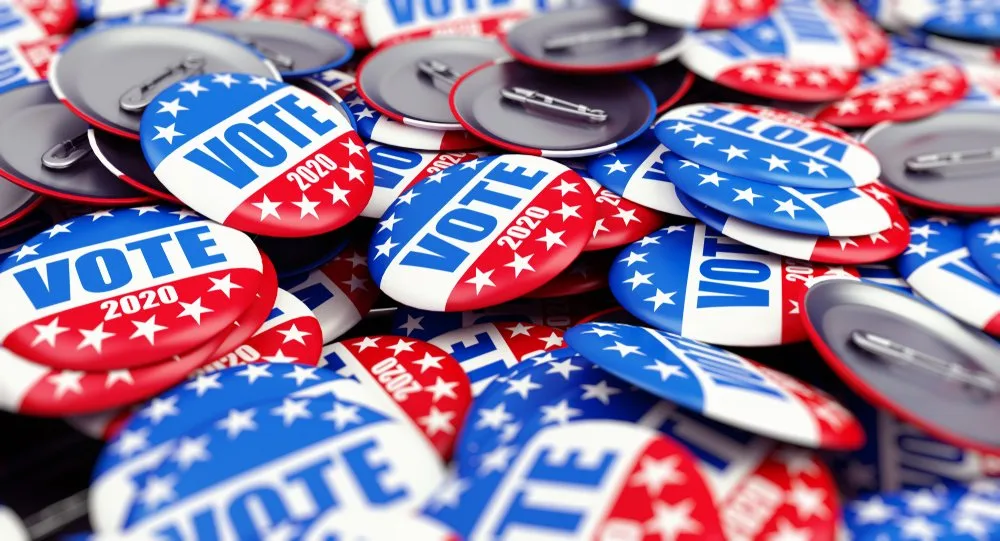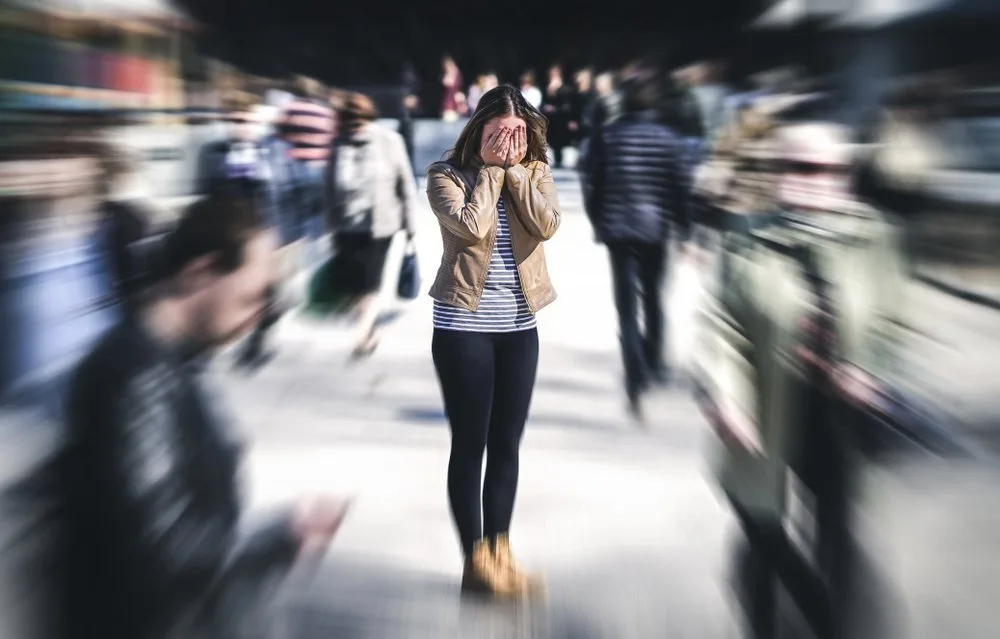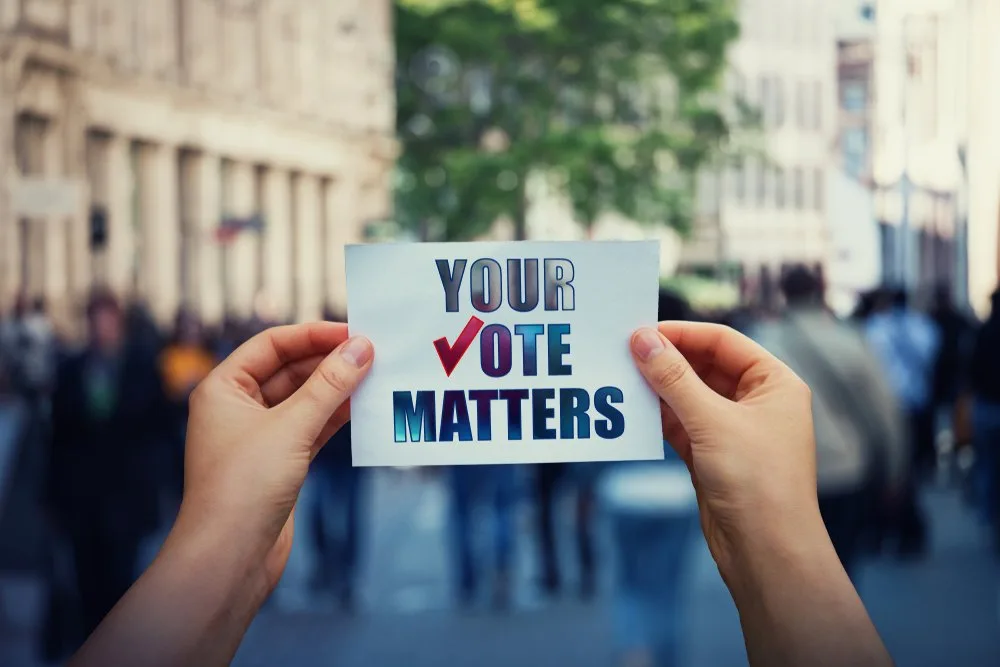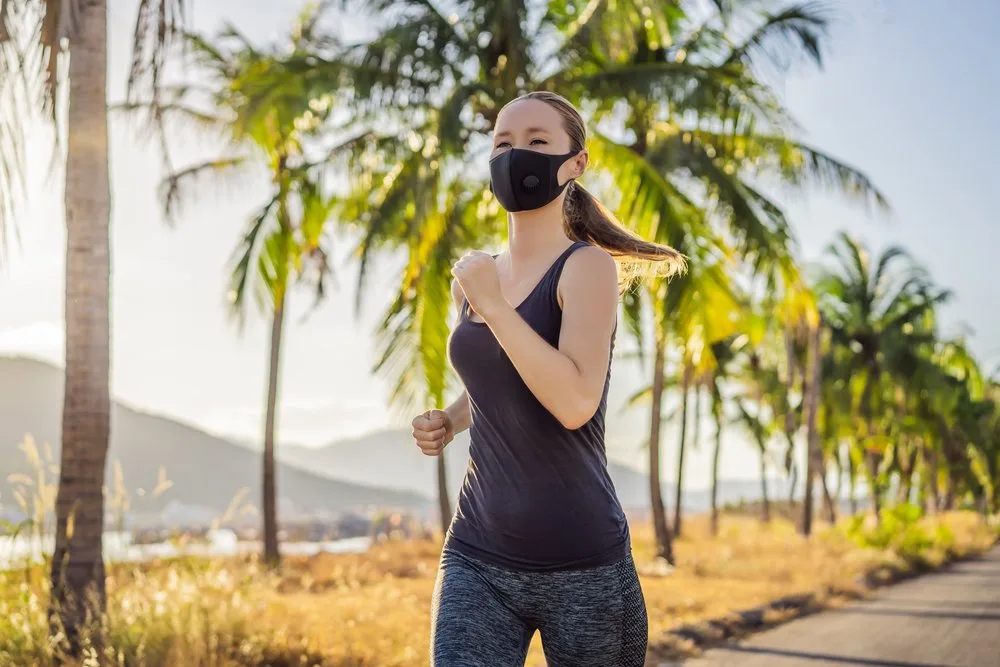There are few presidential elections out there that bring the entire world to a standstill. With the United States Presidential Election Day upon us, many Americans, as well as people in other countries, are battling election anxiety, which is not that surprising.
Politics isn’t just a hotly debated topic, but research published in PLOS One last year found that engaging in politics can have negative consequences on one’s health as well as their friendships. What’s more, the study also noted that those on the political right reported fewer negative impacts compared with those on the left.
That said, a survey from the American Psychological Association and Harris Poll found that 68% of American adults say that the upcoming U.S. presidential election is a significant source of stress in their life. This is significantly higher than the 52% of Americans who said that the 2016 election was a “somewhat significant source of stress.
Additionally, a separate survey conducted by LifeStance Health found that 1 in 4 respondents felt rage and 58 percent felt worried about upcoming elections, while 38 percent said that it was affecting their sleep.
Election anxiety disorder
2020 has already been a difficult year, what with the COVID-19 pandemic as well as social justice protests and the upcoming elections has just added another level of anxiety.
The uncertainty surrounding election results manifests itself in different ways, with many people feeling that things are out of their control, despite whether they cast their votes at the polls. Furthermore, it certainly doesn’t help that these particular results will directly have large-scale effects on society on every level.
That said, high levels of stress and anxiety can have a detrimental effect on one’s health, so it’s important for people to not only recognize the signs of mental health issues but to also find ways in which to manage them.
Managing election anxiety
1. Acknowledge your fears and anxieties
Your emotions and feelings are valid therefore you should allow yourself to feel them, as well as to take stock of them. Be sure to check in with yourself so that you can better evaluate if you need to take a mental health break.
There’s no point in running away from your emotions as doing so will only make things worse.
If you think you aren’t coping well, try to adopt some of the anxiety-relieving techniques below or reach out to a mental health professional to discuss your feelings.
2. Monitor your news consumption
Yes, it’s important to stay informed, especially with the year that was 2020 that was constantly filled with updates. However, there comes a point where the news becomes too informative and this then compromises your sleep patterns and raises your anxiety levels.
It’s important for you to take notice of how the news is making you feel and if you notice that it’s doing more to depress you than inform you, then it’s best to turn off your notifications and read a book instead.
3. Avoid doomscrolling
Granted you want to be the first to know who won once election results are revealed, but it’s important that you don’t spend the waiting period scrolling through your time line and worsening your election anxiety.
It’s best to block notifications and take a 24-hour “social-media” to avoid being bombarded with conspiracy theorists and passionate voters sharing their thoughts. Moreover, if you do end up spending a few minutes on social media, it’s important that you don’t get triggered by any content that may force you to react and respond impulsively.
As opposed to sending out a post that may come back to haunt you, rather log off and take a walk.
4. Set boundaries
According to a survey conducted by Gartner, while 78% of U.S. employees talk about politics at work, a third of those employees found the conversations stressful or frustrating.
That said, if you’re part of the latter, it’s important to set boundaries with your friends, family, and colleagues. If you really want to discuss the election, do it with the intention of listening and understanding different opinions as opposed to doing it to change someone’s views.
5. Avoid Catastrophizing
If the results aren’t the ones that you hoped for, it’s important not to let your mind run wild.
Rather, recognize that certain things are simply out of your control. Also, focus on more positive things in the present.
6. Get Moving
One sure way to manage the anxiety that comes with election season is to get moving. Exercising is a great way to relieve anxiety, as it boosts endorphins, and it also provides a much welcome distraction.
7. Connect with nature
Spending time outside in the great outdoors is a great way to improve your mental health.
Plenty of studies have found that spending time in nature can help to improve your mood and alleviate anxiety. That said, don’t shy away from taking a walk in the park. You can even sit on a bench and practice bird watching.

8. Breathe
Sometimes all you need to do is pause and take a breath. Doing so can help to calm you down as well as to refocus your thoughts.
With that said, here is a simple and easy breathing technique to remember. You can use it when you’re feeling particularly anxious. Whether it be once the results are released or in a year on Inauguration Day.
The bottom line
Elections are stressful. It doesn’t help that this particular one is happening at the end of an incredibly stressful year.
It’s normal to feel anxious. However, the good news is that there are ways to which you can manage your anxiety. That said, if you feel that your mental health is getting worse, then don’t be afraid to reach out.






![women [longevity live]](https://longevitylive.com/wp-content/uploads/2020/01/photo-of-women-walking-down-the-street-1116984-100x100.jpg)










